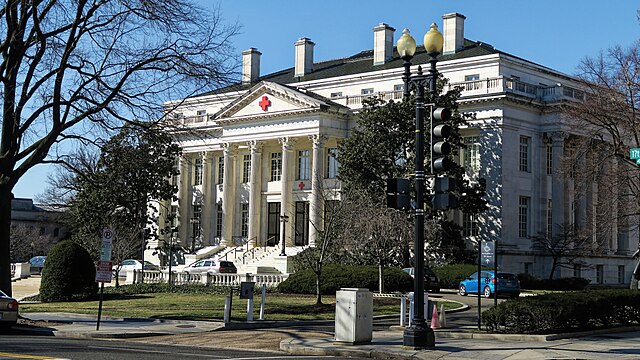
by Burkhard Mücke, Feburary 20 2020, from Wikimedia Commons
Earlier last month, President Trump declared a “crime emergency” in Washington D.C. setting into motion a federal takeover of the city’s law enforcement. The order gave Trump control of the Metropolitan Police Department (MPD), authorized the deployment of the D.C. National Guard, and called for additional troops from several republican-led states to patrol city streets.
Mayor Bowser’s Response
On the second of this month, Muriel Bowser, the mayor of D.C. released an executive order to “ensure coordination with federal law enforcement to the maximum extent allowable by law within the district”. The order was to go into effect immediately and has no end date. With Bowser saying she “greatly appreciate[s] the surge of officers” despite previously pushing back against the takeover.
How the Takeover Began
The takeover followed an attempted carjacking incident, which involved a former Department of Government Ethics (DOGE) Staffer, to which Trump pointed to to justify his actions. Saying that the city is “the most unsafe place anywhere”.

Despite this claim, crime data in D.C. collected by the Department of Justice finds that violent crimes in the city have declined significantly since 2023, not only that but it also reveals that homicide rates are at an all time low.
Legally, Trump’s authority comes from the 1973 Home Rule Act, which allows the president to control D.C. police for up to 30 days before needing congressional approval for any extension. Since the takeover officially began on the 11th of August the 30-day period ends tomorrow on September 10th.
Push Back Against the Takeover
The takeover hasn’t come without opposition, in fact, a Washington Post-Schar School Poll found that about 8 in 10 D.C. residents oppose the federal takeover and 65% believe it won’t help to improve public safety. The same poll found that more residents now call the takeover the city’s biggest problem rather than their crime rates.

There was even legal action taken early on, with Attorney general Brian Schwalb suing the administration, saying that the takeover violates the city’s autonomy, despite this, National Guard troops from West Virginia, Ohio, and South Carolina have joined the efforts. Adding to the 800 already active D.C. National Guard members.
D.C. residents aren’t the only ones who have raised concern over the current situation in Washington, Civil liberties organizations have also condemned the move. With the ACLU stating that “sending heavily armed federal agents and National Guard troops from hundreds of miles away into our nation’s capital is unnecessary, inflammatory, and puts people’s rights at high risk of being violated”.
With the September deadline approaching, legal battles and political debates continue, the future of the situation uncertain, with Trump talking about plans of extending the takeover.